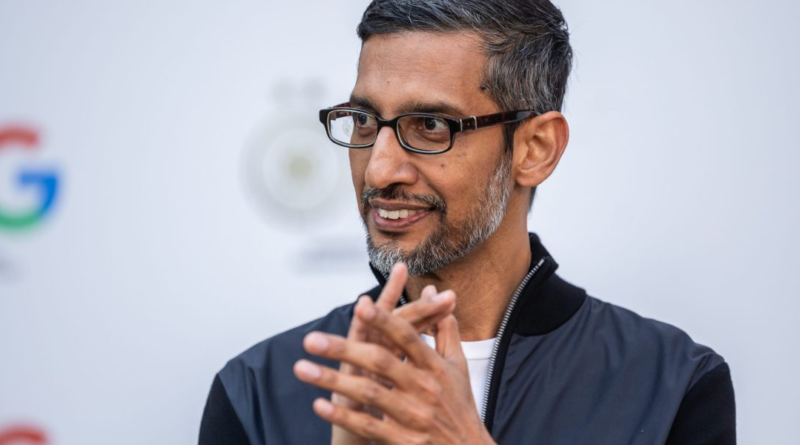Google quietly scraps an A.I. chatbot ‘interesting for Gen Z,’ report says
Google recently ditched a new A.I. called “Bubble Characters” for Gen Zers that was in development, CNBC reported. The chatbot was meant to converse with young users in “humanlike” interactions that would be “interesting for Gen Z,” according to a document reviewed by CNBC.
The chatbot was a large language model (LLM), like ChatGPT, trained on a huge dataset of human text. It used a cartoonish voice, asked the user questions about themselves, and offered relationship advice, the document revealed.
Google did not immediately respond to Fortune’s request for comment.
“What started out as something from a science-fiction novel, became the next generation of human-level conversation,” the app’s description in the document read.
Gen Z is composed of people born from 1997 onward, meaning the eldest of the generation are now 26. Gen Zers are typically characterized as digital natives, whose childhood and early adulthood have been shaped by social media, climate anxiety, and COVID-19. It is unclear why Google wanted to make a youth-focused A.I., or whether concerns for child safety (as most of Gen Z are minors) motivated the company to stop the project.
Bubble Characters’ discontinuation comes after Sen. Michael F. Bennet (D-Colo.) wrote an open letter to several tech executives, including Google CEO Sundar Pichai, expressing concern over A.I.’s impact on children.
“Although A.I.-powered chatbots come with risks for anyone—for example, by providing false information, perpetuating bias, or manipulating users—children and adolescents are especially vulnerable,” Bennet wrote. “Younger users are at an earlier stage of cognitive, emotional, and intellectual development, making them more impressionable, impulsive, and less equipped to distinguish fact from fiction.”
In an internal reorganization of its Assistant team, under which Bubble Characters was housed, Google “deprioritized” the Gen Z bot which, according to CNBC, typically means the project is over. The company reshuffled to place more focus on Bard, Google’s primary LLM that is in competition with ChatGPT and Microsoft’s Bing.
Google is developing other specialized chatbots, including Med-PaLM 2, an A.I. for use in medicine that can provide diagnostic predictions, synthesize patient data, and answer medical questions.
Some Google execs have left the company to start their own A.I. ventures in other specialized areas. Most notably, Mustafa Suleyman, who previously served as head of Google’s DeepMind lab and vice president of policy for A.I., recently raised $1.3 billion for his startup Inflection AI. The firm offers a personal A.I. assistant that serves as an empathetic listener and conversationalist, similar to Bubble Characters but not for a specific age bracket.
VC billionaire Marc Andreessen famously wrote in his June A.I. manifesto that in the future, “every person will have an A.I. assistant/coach/mentor/trainer/advisor/therapist that is infinitely patient, infinitely compassionate, infinitely knowledgeable, and infinitely helpful.” Many companies are racing to produce such a hit A.I. personal agent, but Bubble Characters is now apparently out of the running.

